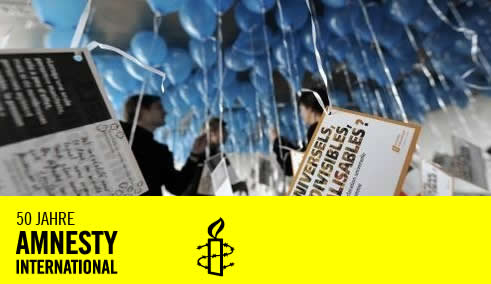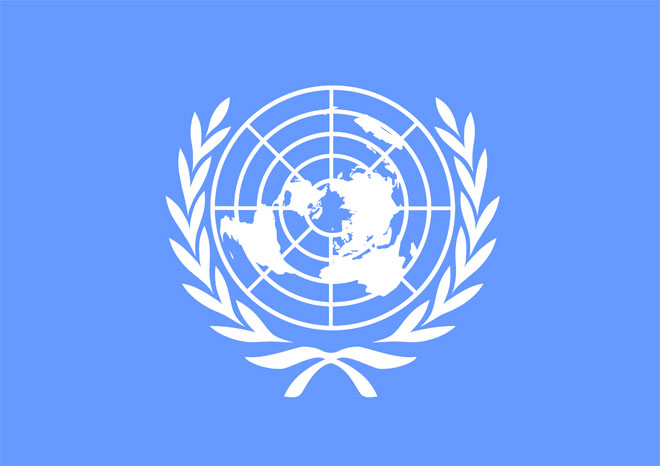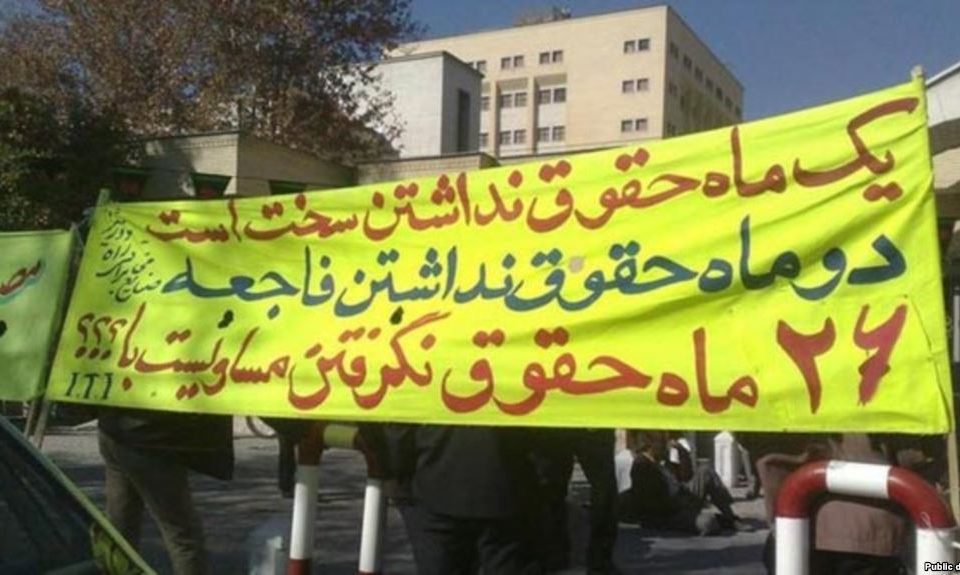
“One Has to Do All One Can for Human Rights”
November 19, 2011
Rock the Casbah
November 22, 2011Highest vote count since 1992 shows growing international solidarity on human rights conditions in Iran
Originally published by United4Iran. The UN General Assembly’s Third Committee today adopted a resolution (PDF) calling on the Iranian Government to allow unfettered access to the country by the UN Special Rapporteur on the human rights situation in Iran, Dr. Ahmed Shaheed, to investigate violations taking place in the country. The resolution also calls on Iran to release all arbitrarily detained individuals held for exercising their right to peaceful assembly and expression, including leading opposition figures, Mir Hossein Mousavi and Mehdi Karroubi.
Sponsored by the Government of Canada and forty-one other states, the resolution drew the highest number of votes since 1992 with 86 countries in favor, 32 against, and 59 abstentions.
The resolution notes the recent reports of the UN Secretary General and UN Special Rapporteur, which highlight an alarming deterioration of the human rights situation in the country, including targeted violence and persecution of minorities and dissidents, as well as a dramatic increase in executions, including secret group executions, executions of juveniles, and executions in the absence of internationally recognized safeguards.
In addition, the resolution notes the failure of the Iranian government to launch an accountability process for violations in the period following the 2009 presidential elections, and reiterates its call on the Iranian government to launch independent and credible investigations into such violations and to end impunity in the country.
The UNGA also expressed concern about Iran’s failure to uphold due process of law, and about violations of the rights of detainees, including holding defendants without charge, prolonged solitary confinement, forced confessions, refusal to provide access to lawyers, poor prison conditions, and persistent reports of torture, sexual violence, and rape in prisons.
Unlawful interference by the Iranian government into the privacy of individuals and their homes, including in their correspondence, such as electronic and voice communications, is also noted in the resolution. UN member states called on Iran to put an end to restrictions on Internet access, peaceful assembly and freedom of expression, including in the media.
The UNGA urged Iran to ensure “free, fair, transparent, and inclusive” parliamentary elections in 2012 and to allow independent observation of the elections, including by civil society and independent local and international journalists. United for Iran has called on the Iranian government to allow international monitoring of the elections and to abolish all electoral procedures, including the approbative role of the Guardian Council, which impedes citizens’ rights to freely choose their representatives. All political parties and factions should be able to present candidates for elections in order for Iran to begin the long-overdue process of democratic reform.
In a statement before the Committee ahead of the vote, Mohammad Larijani, the Secretary General of the High Council for Human Rights of the Islamic Republic of Iran, denied that violations were taking place in the country, and falsely stated that Iran has maintained a high rate of cooperation with international human rights mechanisms. The fact remains that no UN special procedure has been allowed to visit the country since 2005 in contravention of Iran’s own “standing invitation,” and that the Iranian government maintains a low rate of reply to a large number of communications alleging very serious human rights violations, as noted by the Secretary General in his report.
United for Iran applauds those states that showed solidarity with the Iranian people by voting to support the resolution this year after having voted against or abstaining on the resolution in previous years. These countries include Libya and Tunisia, which have recently both undergone democratic movements and transitions, as well as South Korea, Colombia, Central African Republic, Haiti, Malawi, Senegal, Tanzania, and Seychelles.
United for Iran reminds the Iranian government that a starting point for genuine cooperation is a recognition that human rights violations have occurred and the granting of unhindered access to the country for UN Special Procedures mechanisms, including the Special Rapporteur on the human rights situation in Iran. Iran should also demonstrate cooperation by ending impunity for violations, and making a verifiable commitment to implement the recommendations outlined by the Secretary General, the Special Rapporteur, the international treaty bodies to which Iran is a party, Iran’s UPR outcome, and the current UNGA resolution.





